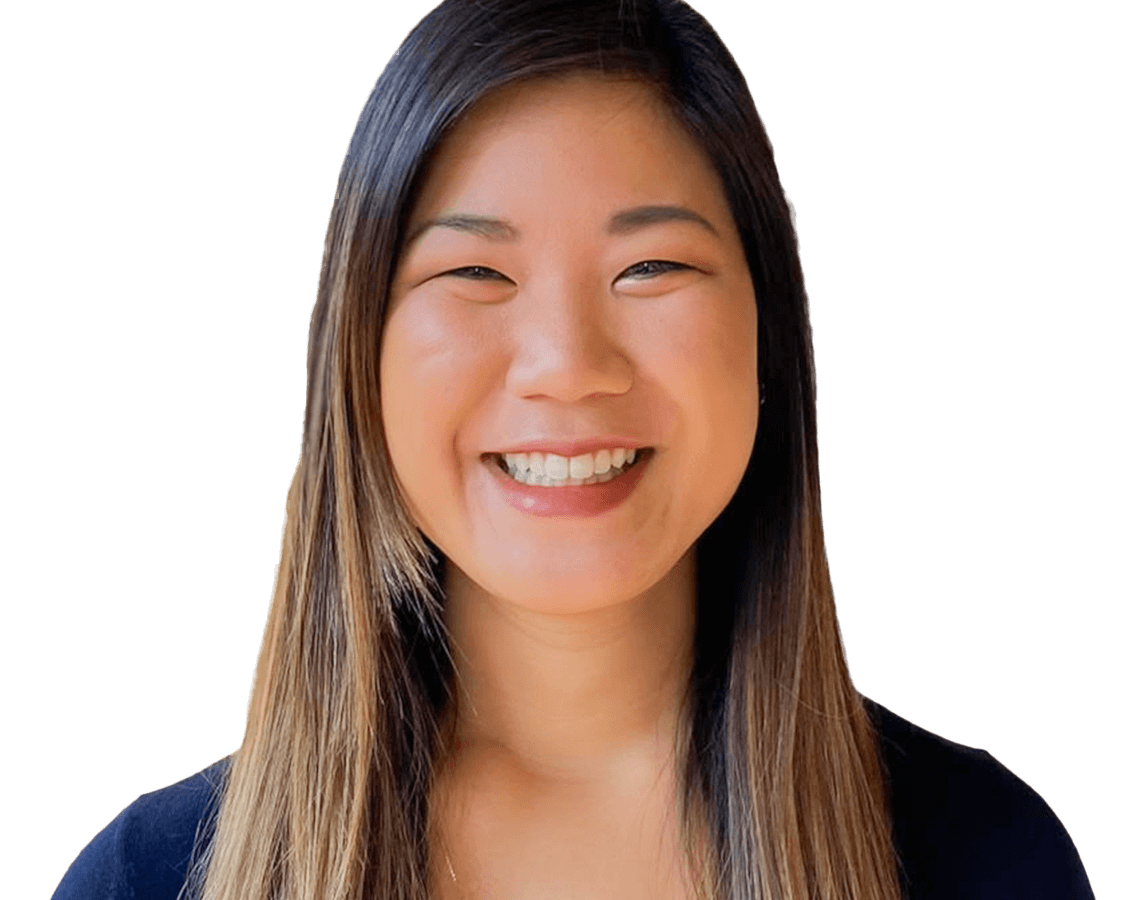closer look
How fugitive fetal cells may affect maternal health
 STAT
STAT
Chimeras may be the stuff of myths, from fantastical creatures in ancient Greece to classical Japanese tales. But the complex combination of different beings can also be found in human biology. Kristine Chua, a postdoctoral researcher in biology at the University of California Santa Barbara and a STAT’s 2023 Wunderkind, studies one form — microchimerism — that occurs when cells are exchanged between mother and fetus during pregnancy.
Scientists have long suspected that cells from developing offspring can escape the uterus and travel through the bloodstream into mothers’ bodies, but it’s only recently that they’ve studied how these fetal cells may affect maternal health. “There’s an opportunity to ask questions that haven’t been answered or to open up spaces for other folks to evolve our thinking,” she said. Among the researchers developing more sophisticated tools for studying microchimerism, Chua is also advancing the practice of biological anthropology, a science that has struggled with diversity and ethical approaches. STAT contributor Justin Chen has more.
health tech
In a race of AI protein-folding models, it's DeepMind's turn to tout AlphaFold’s new skills
In something like a horse race, Google DeepMind and Isomorphic Labs issued a significant progress update yesterday on AlphaFold, the deep learning model that in 2020 cracked the problem of predicting a protein’s structure from its amino acid sequence. At the time, that advance moved it far ahead of other approaches prized in drug development. Here’s what’s new this time: Their model can predict not just standalone protein structures, but also what proteins look like in combination with several classes of molecules, including small molecules and nucleic acids.
Three weeks ago, the University of Washington Institute for Protein Design published its own update to its protein-folding model, RoseTTAFold. In a preprint posted to bioRxiv, the group — which in 2021 paced AlphaFold2 with closely-timed releases of code and results — demonstrated similar abilities to model interactions between proteins and a range of molecules. STAT’s Katie Palmer and Brittany Trang track the rivals' progress.
soundings
Trust in vaccines dips, belief in misinformation rises
.png?upscale=true&width=1252&upscale=true&name=D01B_D04_D49_Rise_Misinformation%20(1).png) Annenberg Public Policy Center
Annenberg Public Policy Center
Americans’ confidence in vaccines is falling while their belief in health misinformation is growing, according to a new poll out today from the Annenberg Public Policy Center of the University of Pennsylvania. The latest survey, conducted early last month, found the percentage who believe vaccines work to prevent a variety of illnesses slid from 77% in April 2021 to 71%. Over that same timeframe, the percentage who do not think FDA-approved vaccines are safe rose from 9% to 16%. Under two-thirds of adults think getting vaccinated against Covid-19 is safer than getting the disease, down from three-quarters. (The margin of error is 3.4 percentage points.)
Other survey findings:
- 26% think ivermectin is a safe Covid treatment, up from 10%
- 16% believe “increased vaccines are why so many kids have autism these days,” up from 10%
- 12% believe“vaccines in general are full of toxins and harmful ingredients like ‘antifreeze,’” up from 8%
On this week’s episode of the “First Opinion Podcast,” First Opinion Editor Torie Bosch talks with Brown’s Michael Bernstein about the placebo effect (taken phenylephrine for a stuffy nose lately?) and its counterpart, the “nocebo effect” — if you tell patients something will make them feel worse, it generally comes true. Listen here.



